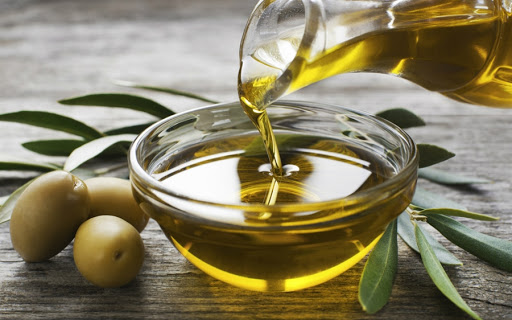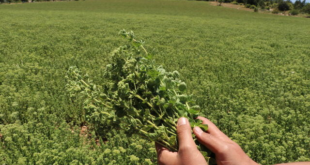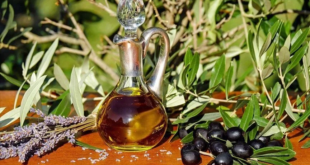Türkiye, which ranks in the top 5 in world olive production, imposed restrictions on olive oil exports, combined with the drought in Europe and olive oil prices in the world increased by more than 100 percent. While it is stated that olive oil thefts have started in Spain due to the rising prices, producers in Türkiye draw attention to the market loss by saying, “Buyers are trying to supply the oils they plan to buy from Türkiye from Tunisia and Syria.”

While the export restriction on olive oil in Türkiye since 1 August has caused market loss, it has negatively affected olive oil prices in the global market. When the country’s export ban was added to the decline in yields in Europe due to drought, prices soared by more than 100 percent. While the developments triggered price spikes in Europe, buyers are turning to Tunisia and Syria instead of Türkiye, causing the loss of export markets.
Ali Uçar, President of Ayvalık Chamber of Commerce, said, “While exports are our exit door, we see that buyers are now shifting to other exporting countries. Syria stands out in this sense.”

Pointing out that they are in favour of the export of packaged products, Uçar explained, “But we are also not in favour of banning something. It should be supported. We cannot sell packaged oil to the EU. We can only sell to the Far East. When the current inflation, exchange rate and the increase in costs are compared with the annual average export figures, we see that exports in this season are about 4.5-5 dollars per kilogram. The average price of wholesale olive oil in the domestic market is 115 to 120 TL per kilogram. If the export ban continues, it is inevitable that this figure will reflect negatively on the producer in the new season.”
20 PERCENT DECLINE…
Mustafa Kürlek, Chairman of the Board of Directors of Köklü Zeytincilik, noted that the climate crisis has seriously reduced the olive yield. “With the export ban, companies are trying to supply the oils they plan to buy from Türkiye from Tunisia and Syria. Olive oil exports must be opened before the specified date in order not to expand market loss. Türkiye will enter the new olive season with about 80 thousand tonnes of olive oil stock and new crops will be added to this stock. However, in 2023-2024, if the temperatures continue in this way, we expect the yield to decrease by 20 percent,” Kürlek added…
 THE GLOBAL WINDOW OF TURKISH FOOD AND AGRICULTURE The Global Window of Turkish Food and Agriculture Sector
THE GLOBAL WINDOW OF TURKISH FOOD AND AGRICULTURE The Global Window of Turkish Food and Agriculture Sector









